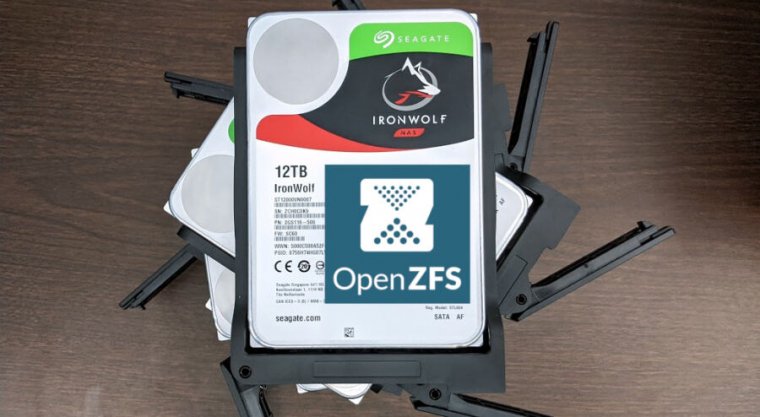
7.1 List of operating systems supporting ZFS.6.2 Oracle Corporation, closed source, and forking (from 2010).6.1 Commercial and open source products.4.1 Limitations in preventing data corruption.3.7.3 Copy-on-write transactional model.3.7.2 Caching mechanisms: ARC, L2ARC, Transaction groups, ZIL, SLOG, Special VDEV.3.7.1 Storage devices, spares, and quotas.3.3.3 Resilvering and scrub (array syncing and integrity checking).3.3.2 ZFS's approach: RAID-Z and mirroring.3.3.1 Avoidance of hardware RAID controllers.OpenZFS is widely used in Unix-like systems. OpenZFS maintains and manages the core ZFS code, while organizations using ZFS maintain the specific code and validation processes required for ZFS to integrate within their systems. In 2013, OpenZFS was founded to coordinate the development of open source ZFS. In 2010, the illumos project forked a recent version of OpenSolaris, to continue its development as an open source project, including ZFS.

#Openzfs list pool version features mac os x
During 2005 to 2010, the open source version of ZFS was ported to Linux, Mac OS X (continued as MacZFS) and FreeBSD.

Large parts of Solaris – including ZFS – were published under an open source license as OpenSolaris for around 5 years from 2005, before being placed under a closed source license when Oracle Corporation acquired Sun in 2009/2010. It began as part of the Sun Microsystems Solaris operating system in 2001. ZFS (previously: Zettabyte file system) combines a file system with a volume manager. OpenSolaris, illumos distributions, OpenIndiana, FreeBSD, Mac OS X Server 10.5 (only read-only support), NetBSD, Linux via third-party kernel module ("ZFS on Linux") or ZFS- FUSE, OSv


 0 kommentar(er)
0 kommentar(er)
